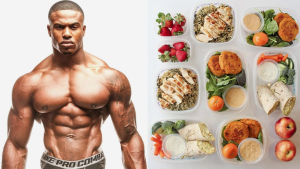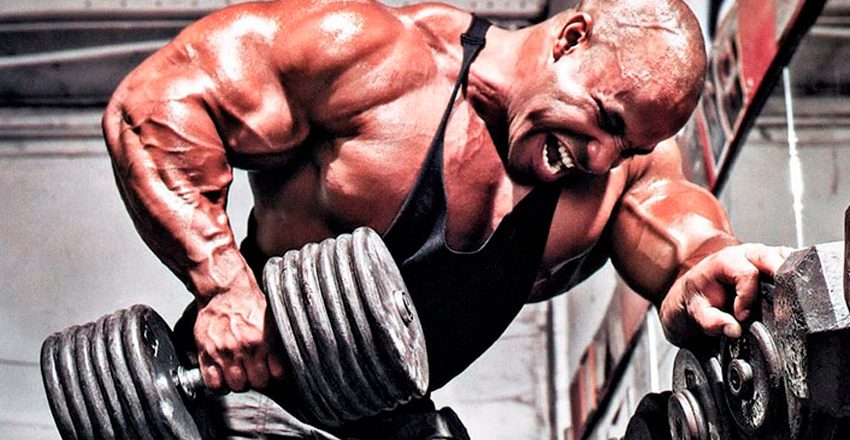Nutrition after strength training
To achieve permanent muscle growth, you need to work hard at the gym. But working with weights and endurance fitness training will not produce the desired results if you do not balance nutrition. Muscle mass grows only if it has enough energy and protein. That is why it is so important not only to build a competent exercise program, but also to deal with the diet. After all, this is one of the main components of success both for beginners and experienced bodybuilders.
Nutrition principles for muscle growth
To stimulate the growth of muscle mass, it is necessary to adhere to the following principles of nutrition.
It is necessary to eat fractionally – 5-6 times a day, every 3-4 hours. Portions during all meals are approximately equal.
High-calorie food should make up to 70% of the total diet. The secret of muscle mass growth is to consume more calories than you spend.
It is necessary to give up fast digestible carbohydrates and trans fats, drink more water.

On the day of a strength fitness workout it is necessary to eat 1-2 hours before the session. After the workout you should eat protein- and carbohydrate-rich food for 60-90 minutes.
The athlete’s somatotype – physique and metabolic rate – should be taken into account:
- Skinny ectomorphs find it difficult to gain muscle mass, they have an accelerated metabolism; they need to reduce the amount of fat in the diet, eat more “complex” carbohydrates, and protein – at the rate of 3 g per 1 kg of their own weight;
- mesomorphs – people of normal build who can easily achieve muscular growth – may consume any carbohydrates and protein at the rate of 2-3 g per 1 kg of weight;
- Endomorphs, who tend to be obese and have a sluggish metabolism, find it easy to gain muscle mass, but find it difficult to burn subcutaneous fat deposits. Therefore, they should emphasize protein foods, as well as sports nutrition, except for gainers.
When and what to eat after fitness training
Muscle fibers get damaged during strength training. Muscle tissue repair and causes an increase in muscle tissue volume. The more intense the exercise, the more muscle growth it can cause. But you need protein to build muscle.
In addition, strength fitness training is accompanied by enormous energy expenditures. If they are not replenished, the body will start to use internal resources – protein from muscles. Therefore, it is necessary to compensate for the lack of energy and protein by eating within 60-90 minutes after the exercise.
The food should contain all macronutrients:
- Protein, which is essential for muscle building, metabolism, and immunity building;
- carbohydrates – a source of energy, as well as the basis for building RNA, DNA and ATP, a means of equalizing the osmotic pressure in cells;
- Fats, used by the body for energy production, protection against hypothermia, normalization of metabolic processes.
Protein is found in chicken eggs, lean meat, fish, dairy products, beans and nuts. Complex carbohydrates are rich in cereals, durum wheat pasta, fresh vegetables, berries, and unsweetened fruits. Fats are rich in cold-pressed olive oil, avocados, red fish, and nuts.
If you exercise in the morning, you should eat more caloric products after the class. After evening workouts, you can limit yourself to protein foods, and for high-intensity workouts you can also add “complex” carbohydrates. To ensure that the amount of calories coming in exceeds the amount of energy expended, you should eat shortly before bedtime.
Late supper should be made up of foods rich in proteins, which are slowly digested. It is better to refuse from fats and carbohydrates. The ideal variant is 100-150 grams of nonfat cottage cheese. Casein in its composition is digested for a long time and supplies energy to the body for 5 hours. During this time, the recovery and growth of muscles takes place.
It is necessary to drink throughout the day. It is best if it is plain water. You can also drink green tea without sugar. The amount of water necessary for normal functioning of the body is individual. It is necessary to be guided by the feeling of thirst. The main thing is to avoid dehydration during and after training.

